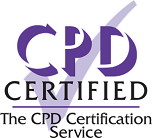Statutory & Mandatory Training: Clinical Package
Aimed at those working in a healthcare environment, this Statutory and Mandatory: Clinical Package is designed to provide effective learning for staff to ensure they understand how to work safely. Explore Equality, Diversity and Human Rights, Health, Safety and Welfare, Conflict Resolution, Fire Safety, Infection Prevention and Control (clinical), Safeguarding adults, Safeguarding Children, Basic Life Support (Clinical), and Information Governance.
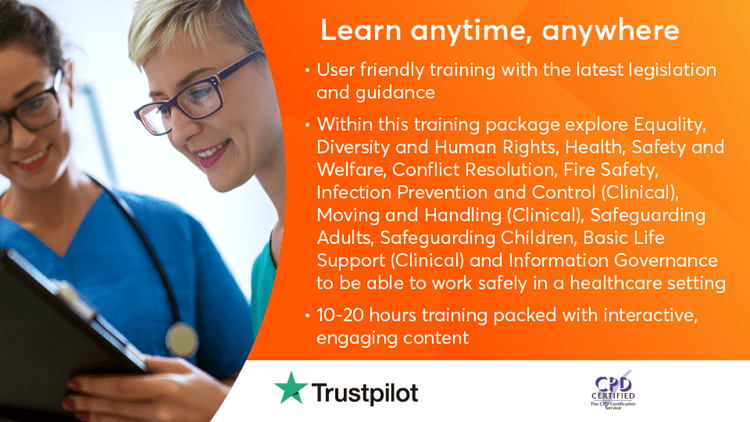
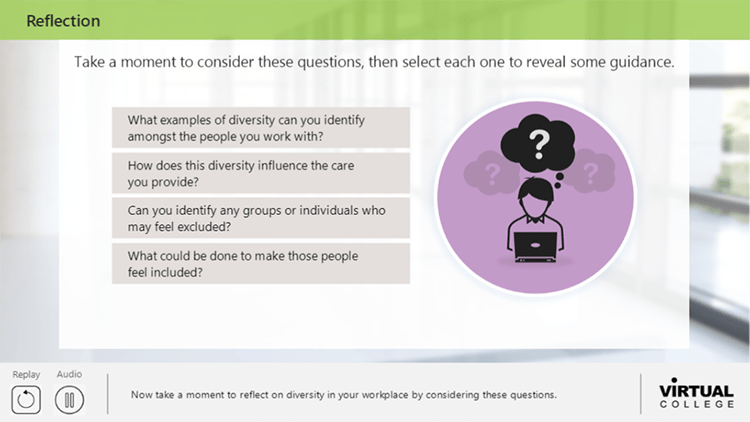
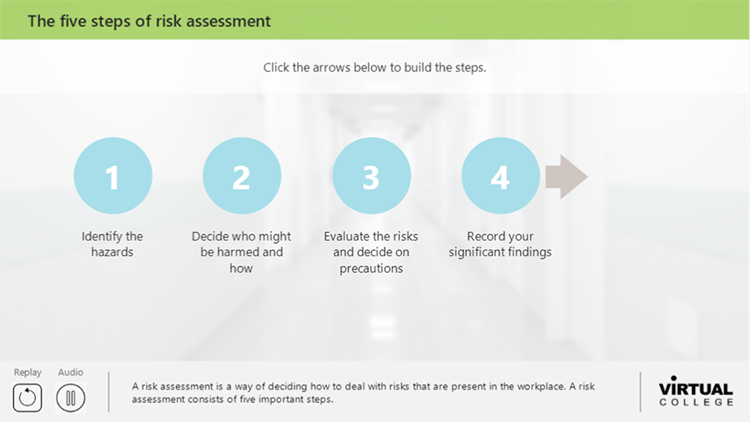
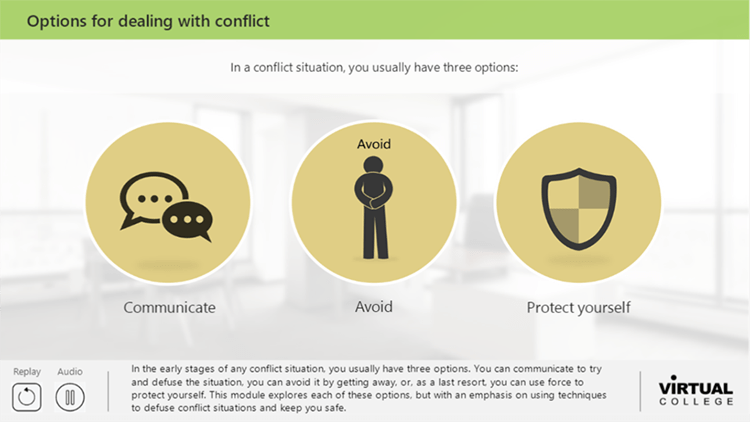
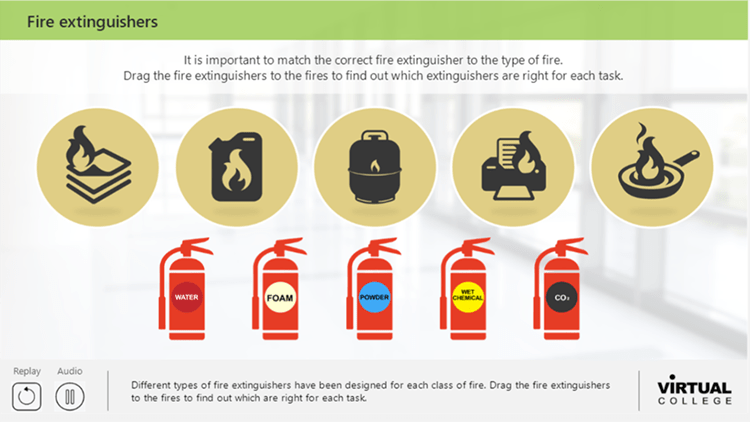





Package Overview
Format
- Intermediate
- 10-20 Study Hours
- Online Study
- Self-Printed Certificate
Accreditation
- 10- 20 CPD Hours
- CPD Certified
Package description
Staff working in a healthcare environment need to ensure that they undertake statutory training to ensure they are able to do their job safely.This training package is designed to provide effective learning for staff to ensure they understand how to work safely in a healthcare environment.
Staff working in a healthcare environment need to ensure that they undertake statutory training to ensure they are able to do their job safely.
This training package is designed to provide effective learning for staff to ensure they understand how to work safely in a healthcare environment. It is ideal as induction training, and can be completed by staff at their convenience as all progress will be saved.
There are challenges throughout the course to test your knowledge on what you have learnt so far.
Training outcomes
Equality, Diversity and Human Rights
- Be able to define the terms ‘equality’, ‘diversity’ and ‘human rights’.
- Understand how legislation promotes equality, diversity and human rights
- Recognise the benefits that an inclusive approach can have on society, your organisation and the people you work with.
- Know how to treat everyone with dignity, courtesy and respect and value people as individuals.
- Understand how to promote inclusion in your workplace.
- Know what to do if you have concerns about equality and diversity practices in your organisation.
- Understand the purpose and benefits of monitoring equalities and health inequalities.
Health, Safety and Welfare
- Have a better understanding of health and safety legislation.
- Have an awareness of health, safety and security, occupational health and wellbeing provision.
- Know about the risk assessment process in your workplace.
- Know about the incident reporting process in your workplace.
Conflict Resolution
- Understand what conflict is, how it arises and how the risk of conflict can be minimised.
- Appreciate the role of communication in conflict and conflict management.
- Be able to describe the procedural, environmental and legal context of violence in the workplace.
- Know what to do if a violent incident occurs and understand what support is available.
- Be able to describe the role of Local Security Management Specialists in keeping NHS staff safe.
Fire Safety
- Understand the characteristics of fire.
- Know the fire hazards in your workplace.
- Be aware of the importance of fire risk assessments.
- Practise and promote fire prevention and fire safety.
- Know how to act in the event of a fire.
- Be familiar with fire evacuation procedures.
Infection Prevention and Control (Clinical)
- Know how you can contribute to infection prevention and control in your workplace.
- Be able to demonstrate the standard infection prevention and control precautions relevant to your role, such as hand hygiene, personal protective equipment, exposure to blood and bodily fluids and waste management.
- Be aware of specific types of healthcare-associated infections, such as MRSA and Clostridium difficile, their symptoms and how they are managed.
- Understand your responsibility to prevent passing on infections in the workplace.
Moving and Handling (Clinical)
- Recognise the importance of good back care and identify risk factors that may cause injury.
- Understand your organisations and your own responsibilities for promoting best moving and handling practices.
- Understand the factors to be included in a risk assessment and choose suitable risk control strategies.
- Know where to access additional resources including legislation, local/national policies and guidelines
- Know how to provide patients with the best quality care, using safe and dignified moving and handling strategies.
- Understand how communication and risk assessments ensure the safe handling of patients.
Safeguarding Adults
- Understand the nature of harm to adults at risk and recognise a range of abuse factors, including the risk factors for radicalisation.
- Understand how healthcare environments can promote dignity and rights through person-centred care to help keep people safe and maximise their decision-making.
- Know what to do if abuse is suspected, how to respond to alerts and referrals and how to reduce risks after a disclosure, including implementing emergency systems and protective strategies for those who decline services.
- Be aware of relevant legislation, local and national policies and procedures and local arrangements for multi-agency safeguarding.
- Understand the purpose of investigations and the roles and responsibilities of the agencies involved, including gathering initial information, the thresholds for investigating and maintaining records and sharing information.
- Know the actions to take if you experience barriers in alerting or referring to relevant agencies, including how to raise concerns within local whistleblowing policy procedures.
Safeguarding Children
- Basic Know about child protection issues, including definitions, indicators, legislation, guidance and processes.
- Understand the importance of children’s rights as reflected in legislation and key statutory and non-statutory guidance.
- Understand what is meant by child development in the context of safeguarding.
- Understand the scale of abuse and the types and potential signs of child maltreatment within the context of normal child development.
- Know how abuse and neglect can impact on children’s development and how to recognise this.
- Have a greater awareness of the potential risk factors which may increase the likelihood of abuse in children’s lives.
- Have a greater understanding of the additional vulnerabilities of looked-after children as a result of their experiences of abuse in childhood, and know best how to support them and meet their needs (or to achieve stability and recover from abuse).
Basic Life Support (Clinical)
- Understand national guidelines and local resuscitation policies and procedures.
- Know how to recognise and respond to patients with clinical deterioration or cardiorespiratory arrest, escalating care in accordance with local policy.
- Be able to initiate an appropriate emergency response, including:
- Initiating and maintaining effective chest compressions
- Providing basic airway management, i.e. ensure an open airway
- Initiating and maintaining effective lung ventilations
- Operating an automated external defibrillator
- Understand your individual role and responsibilities in responding to an emergency event and working within the limits of your personal capabilities.
- Know how to apply the local Do Not Attempt Cardiopulmonary Resuscitation policy.
Information Governance
- Understand the principles of information governance and how they apply in everyday working environments.
- Understand the importance of data security in health and care organisations.
- Be familiar with the fundamentals of data protection, confidentiality and the Caldicott Principles, in line with the GDPR.
- Know how you can apply and maintain information security guidelines within the context of your role, avoiding threats - including cyber threats - to data security and identifying near misses and incidents.
- Be able to maintain good records in line with information governance principles, and apply best practice in your workplace.
- Understand the responsibilities of healthcare organisations and individuals under the Freedom of Information Act 2000.
Accreditation
All of the courses are accredited by CPD. The certificates, awarded upon successful completion, can be used to log your hours against.
Duration
Each course usually takes between 1-2 hours each to complete, depending on the speed of learning. Learners do not have to complete all the training in one session as progress is recorded throughout and the training can be paused and resumed in our learning management system at any time.
Target audience
This training package is aimed at anyone working in a healthcare role such as care assistants, nurses, doctors, dentists, health visitors, etc.
Entry requirements
There are no entry requirements for this course.
Test and certificate
Each end of course test consists of 15 multiple choice questions. Learners are required to achieve a 75% pass mark, and, if necessary, may attempt the test six times at no extra cost.
If learners do not achieve the 75% pass mark, further attempts may be given by contacting our support team.
Learners will be able to download a digital certificate on completion of each course. This can be printed, and we suggest you keep it for your records.
You will learn
- Be able to define the terms ‘equality’, ‘diversity’ and ‘human rights’
- Understand how legislation promotes equality, diversity and human rights
- Have a better understanding of health and safety legislation
- Have an awareness of health, safety and security, occupational health and wellbeing provision
- Understand what conflict is, how it arises and how the risk of conflict can be minimised
- Appreciate the role of communication in conflict and conflict management
- Understand the characteristics of fire
- Know the fire hazards in your workplace
- Know how you can contribute to infection prevention and control in your workplace
- Be aware of specific types of healthcare-associated infections, such as MRSA and Clostridium difficile, their symptoms and how they are managed, and much more...
Who is it for?
Roles including:
- Anyone working in a healthcare role
- Care assistants
- Nurses
- Doctors
- Dentists
- Health visitors
How the online courses work
-
Find a course
To begin searching for your online training you can click on the course category section on our website and browse through all of our training categories.
Alternatively if you already know the title of the training you’re looking for you can use the search bar located in the centre of the homepage and go directly to the course you want.
-
Buy the course
When buying one of our courses, you will need to enter a valid email address which will be used to create your account with our Learning Management System – Enable – where you will take the training. We will also send your purchase receipt to this email address, and any additional courses purchased in future using the same email address will be added to your system account.
Once you have purchased a course, you will be able to send this course to other people using your system account with Enable by entering the new learner’s email address so that they may access the training and set up their own system account with our Learning Management System.
If you are not 100% satisfied with your course then we offer a 30-day, no hassle money-back guarantee. To request a refund, you should email our learner support team with your receipt stating why you would like to be reimbursed. You, or your learners, must not have completed the training in order to make a valid refund claim. Any claim made after the training has been completed will be invalidated.
-
Take the course
This online course consists of a series of pages in which an instructor will talk learners through the lesson material. Pages may include supporting pictures, graphs, animation or extra sounds to help with the learning where appropriate. Some lessons will include challenges/quizzes to help learners stay engaged and interested in the material. Lessons can be taken in any order and each lesson may be paused and resumed at any stage.
The course is self-paced so learners decide how fast or slow the training goes. There is no deadline for completion but some of our courses have a test at the end to check that learners have understood the material. If the course has a test at the end then learners are required to achieve a 75% pass mark to successfully complete the course. Once learners have passed the test they are awarded a certificate, which can either be downloaded digitally or sent as a physical copy if this option was chosen when purchasing the course.
-
Your Certificate
Upon completion of any of our courses, learners will be able to download a digital certificate from Virtual College and will include the accrediting bodies logo where applicable.
If you have bought the posted certificate option (available on select courses), a high quality, seal embossed, certificate will be sent out at the beginning of the following working week.




